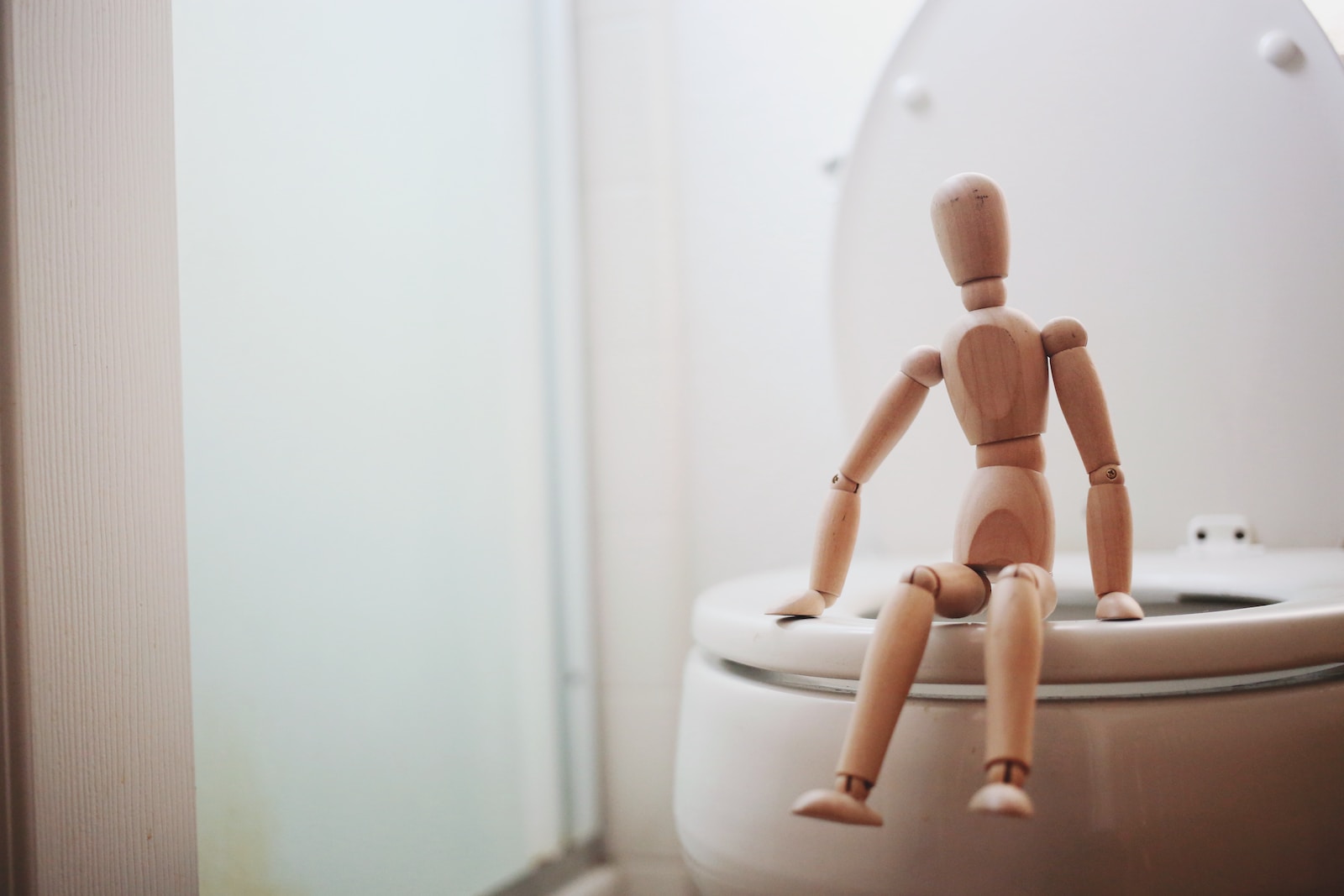A feeling of having to pee during sex can be a major sexual buzzkill. You might fear it’s a sign of a UTI or an STI. But it could actually be a sign of your bladder spasming during an orgasm.
It is important to pee before having sex for hygiene reasons, but it doesn’t prevent STIs or UTIs. Here’s why.
Bladder spasms
Bladder spasms cause a sudden contraction of the muscles in your bladder. This causes a feeling of needing to urinate and can lead to urine leakage (incontinence). Bladder spasms can be painful and uncomfortable. They can also be a sign of an underlying health condition or infection, such as a urinary tract infection – This information is a creation of the service specialists sexoctopus.com.
If you’re experiencing frequent urges to urinate, they may be a sign of a bladder infection called interstitial cystitis or IC. It is a chronic condition of pain and irritation in the bladder that affects both women and men. It often occurs with other conditions like fibromyalgia, irritable bowel syndrome, chronic fatigue syndrome, and vulvodynia (pain in the outer female organs). It is thought that IC may be an autoimmune disorder.
Frequent urination can also be a symptom of another medical condition called overactive bladder (OAB). It is a common issue that causes symptoms such as the feeling of needing to urinate frequently, leaking urine, and an enlarged prostate in males.
There are many ways to reduce your bladder spasms, including making lifestyle changes, eating a healthy diet, and taking certain medications. Some people also find relief from treatments such as acupuncture or biofeedback, which uses mind-control techniques to manage normal body functions. In some cases, doctors may recommend a treatment called sacral nerve stimulation, which involves placing a device under the skin that delivers mild electrical pulses to the bladder at regular intervals.
Full bladder
There is a reason for that sensation of feeling like you have to pee after sex. The bladder, or the tube that carries urine from it, can become full and irritated after sexual activity, and this can lead to pain while urinating. This is called dysuria and it can be caused by a variety of things. It may be a reaction to the type of lubricant used or it could be a sign that there is an infection in the bladder or in the urethra (the tube that carries urine out of the body). It’s important to visit your doctor if you experience this because they can diagnose you and recommend the best course of treatment for you.
Women’s urethras are shorter than men’s, which means that bacteria can enter the bladder from the anal or vaginal area and cause a urinary tract infection (UTI). Many people believe that peeing after sex prevents UTIs, but this is not true. Drinking plenty of water, paying attention to hygiene, and urinating regularly all help reduce the risk of infection.
In addition, using a lubricant that does not contain latex can reduce the chances of a UTI. If you have a tendency to get UTIs, it’s a good idea to take antibiotics before you have sex and then to make sure that you urinate afterward.
Urinary tract infection
A urinary tract infection (UTI) can cause pain when you pee because bacteria have entered your urethra — the tube that takes pee out of your body. If you don’t get the infection treated, it can spread to your bladder or kidneys.
Sexually transmitted infections (STIs) can also cause painful urination after sex. They include chlamydia, gonorrhea and herpes. Symptoms of these infections include pain when you pee, pus-like discharge from the penis (in men) or vagina (in women), and a painless open sore called a chancre on the penis or anus.
Women are more prone to UTIs than men because the urethra is shorter and closer to the anus in women, making it easier for germs to travel from the large intestine through the urethra to the bladder. And the changes that happen in the lining of the vagina during menopause can make women more susceptible to getting them, too.
The best way to prevent STIs is to use condoms and non-latex lubricants, especially if you have a latex allergy. Also, make sure you’re always lubricated during sexual activity and don’t have sex with someone who has an STD. Peeing after sex won’t remove any baby-making sperm from the anus or urethra, but using a condom will.
Urinary tract blockage
Many people are quick to assume that painful urination after sex is a sign of an STD, but the discomfort can be caused by something much less serious. Oftentimes, it is simply a result of irritation to the bladder or urethra.
The urethra is a delicate tube that can be easily irritated. Rough stimulation from the penis rubbing against the vagina or other body parts during sexual activity can irritate it. The urethra can also become irritated by using rough condoms or lubricants that contain latex, which is commonly found in women’s sanitary products.
In most cases, this irritation isn’t a big deal and will go away on its own over time. However, in some instances, the irritation can lead to a urinary tract infection. In this case, it is important to pee as soon as possible after sex in order to flush out any bacteria that may have made it up the urethra.
Infections of the urinary tract can be quite painful and include symptoms like pain when urinating, pain when ejaculating, or a pus-like discharge from the penis (in men) or vulva (in women). If you have these symptoms, it is important to see a doctor as quickly as possible in order to receive an antibiotic treatment. The earlier the treatment, the more likely it is that the infection will clear up.




